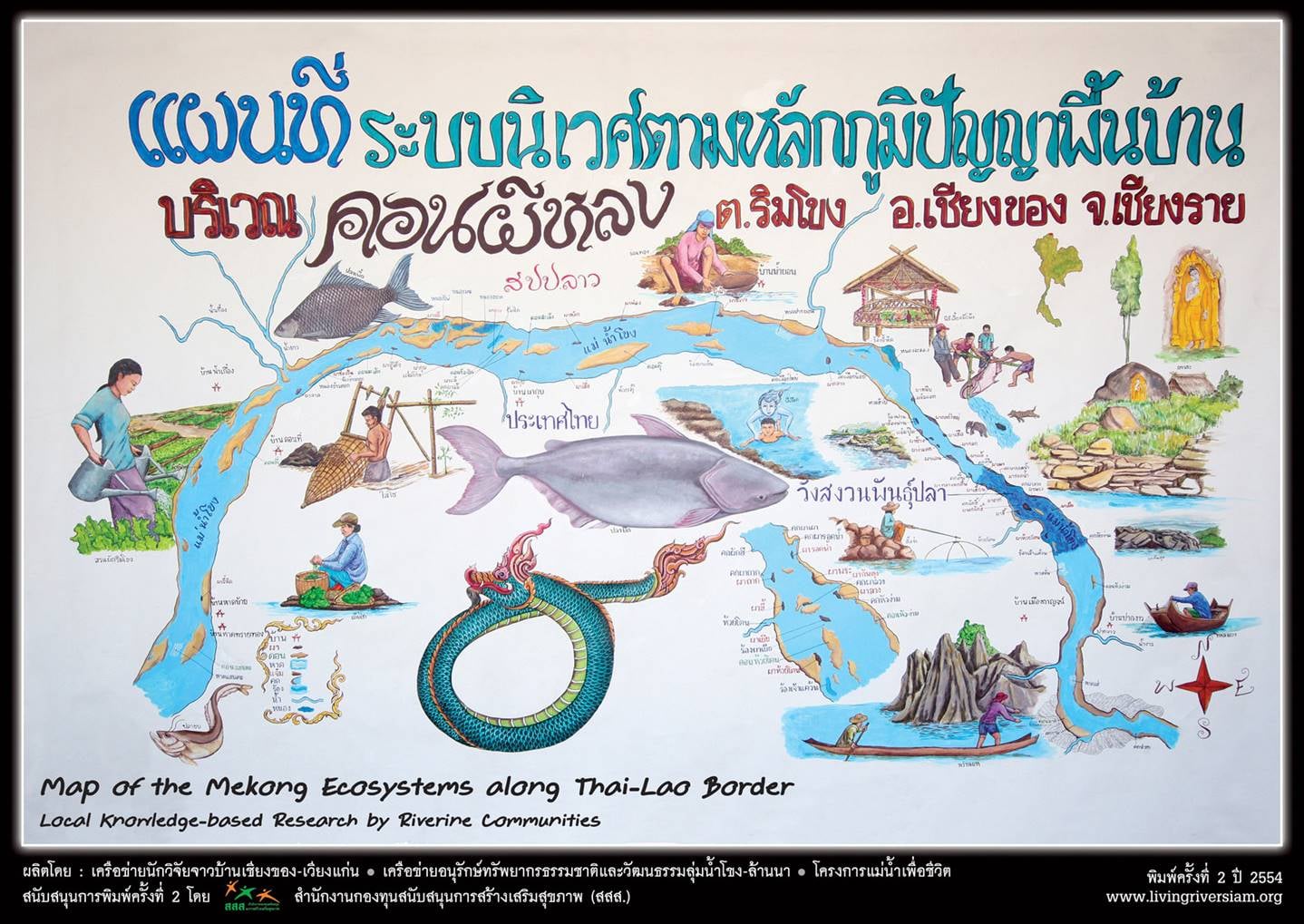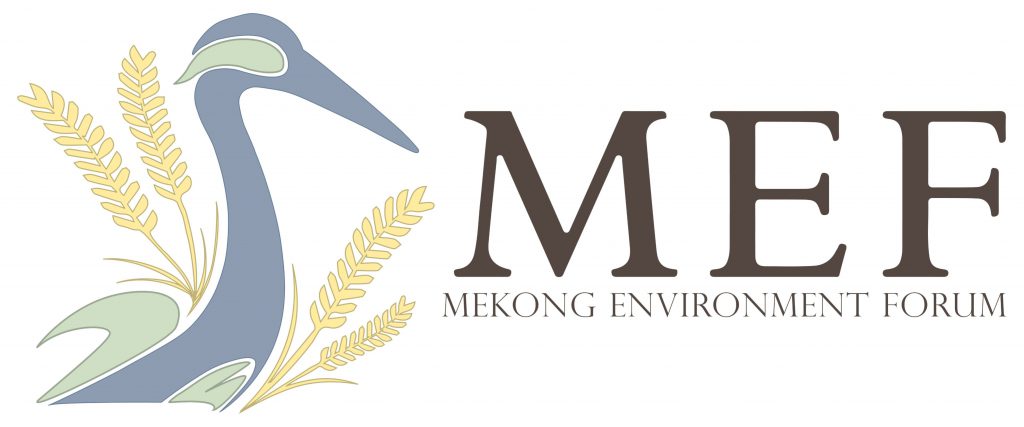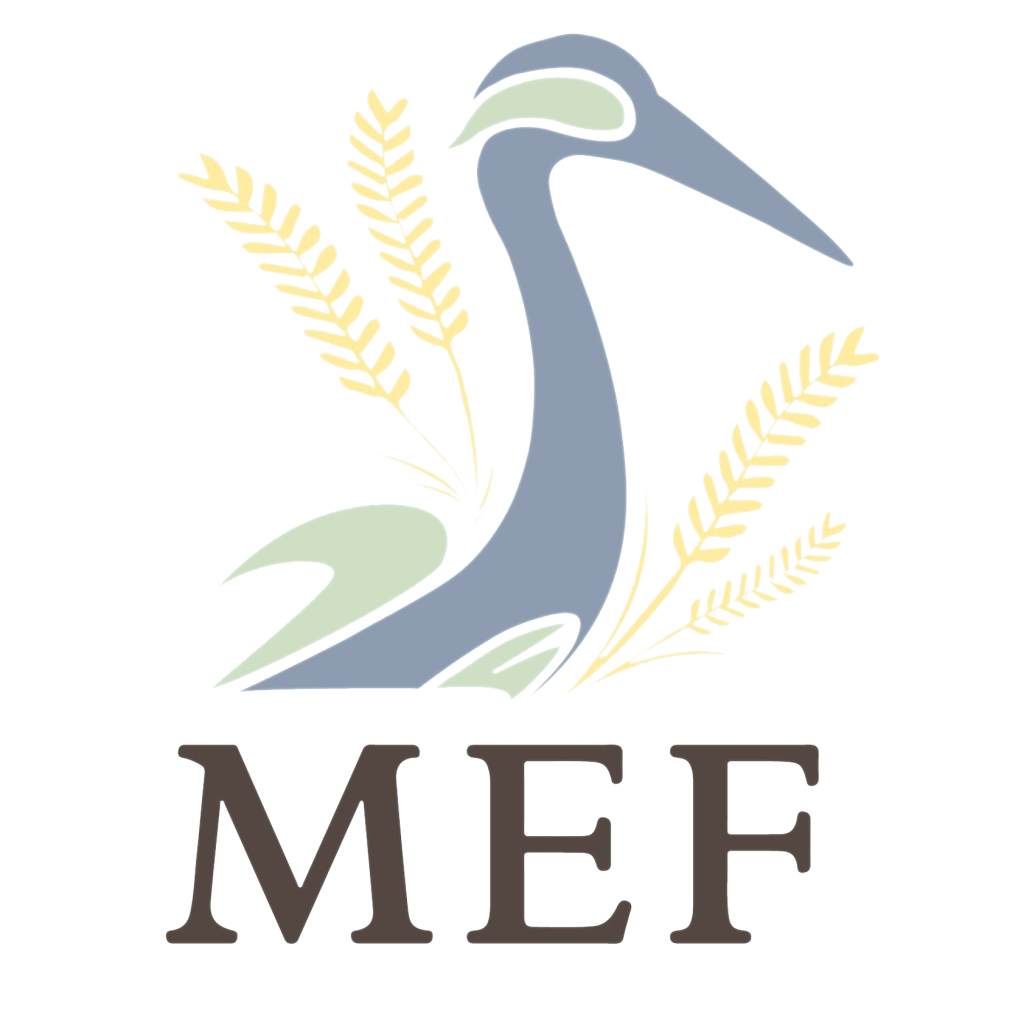The Association of Southeast Asian Nations (ASEAN) faced a double crisis triggered by traditional and non-traditional security issues. While the traditional security issues exemplified by disputes over the South China Sea and the Mekong River are ongoing and unsettled, Southeast Asia is also shaken by nontraditional security issues such as migration and environmental challenges which are aggravated by the ongoing COVID-19 pandemic and Myanmar crisis. These crises posed a challenge to the traditional ASEAN Way of consultation and consensus, and the non-interference principle.
The topic of section 1 was the ASEAN’s actions in dealing with Mekong issues at a regional level. Brian Eyler talked about the actions that ASEAN can take to secure its development and help its members in the Mekong region cope with threats such as rising sea levels. He also mentioned the transformational growth of the US-Mekong partnership in cooperating with local partners.
There is also a multilateral partnership such as the US-Japan Mekong partnership. Dr. Stepen Nagy emphasized the tools and initiatives, such as the Japan Mekong Initiative, on how to help ASEAN tackle traditional and non-traditional security challenges. Him Raksmey – a research fellow at CICP called for a more constructive view from ASEAN members as well as their commitments on Mekong issues. He also called for a regional leading effort to face Mekong issues collectively (probably Vietnam).


Following up section 1 which is about top-level approaches, section 2 focuses more on grassroots-level directions from local people and citizens. Dr. Ming Li Yong talked about Food, Water, Energy, and Environment Challenges in the Mekong region and how people on the ground can overcome the environmental difficulties by themselves. James Borton and Dr. Nguyen Minh Quang have continued with presentations on Citizen Science and its projects such as Citizen Science in Circular Economy. They emphasized strongly on environmental security education for students to equip them with essential skills to identify environmental challenges in the Mekong region (such as data gathering and analysis skills) and the crucial participation of young people in environmental protection such as Digital Conservation with Apps that youngsters are using around the world.
These kinds of Citizen Science activities cannot be materialized without the financial support from the Tagaki Fund for Citizen Science, with which Tamotsu Sugenami has clearly presented to us the process Tagaki Fund has spent millions of dollars to foster and support independent Citizen Scientists to execute effectively their ideas and projects to address present-day threats and problems.
More and more useful information and knowledge to come on the second day of the Webinar. Please join us for more ideas on how to deal with current security issues in the Mekong region generally and in Vietnam particularly.
📎 For details on the Webinar, please refer to: www.mekongenvironment.org
For more information and support, please contact:
🔰CPG (Southeast Asia): contact@cpg-online.de
🔰Stimson Center (USA): beyler@stimson.org
🔰Mekong Environmental Forum (Vietnam): nmquang@ctu.edu.vn

